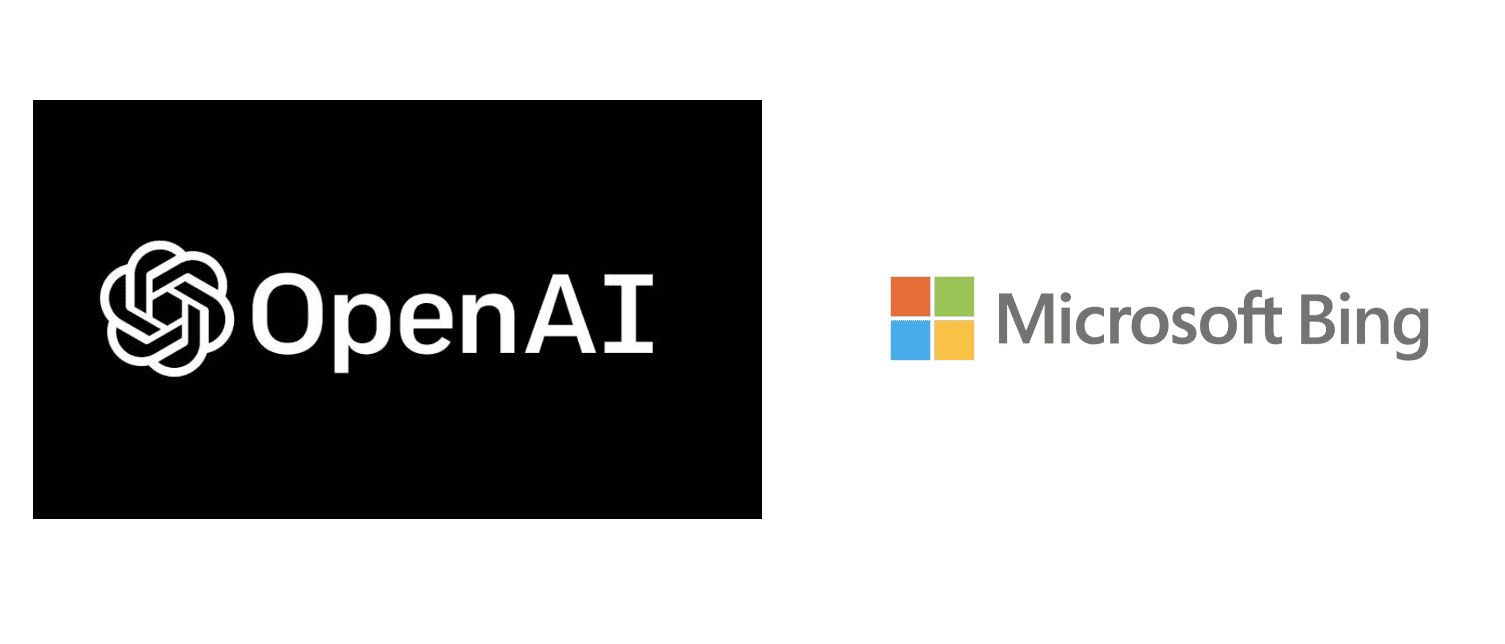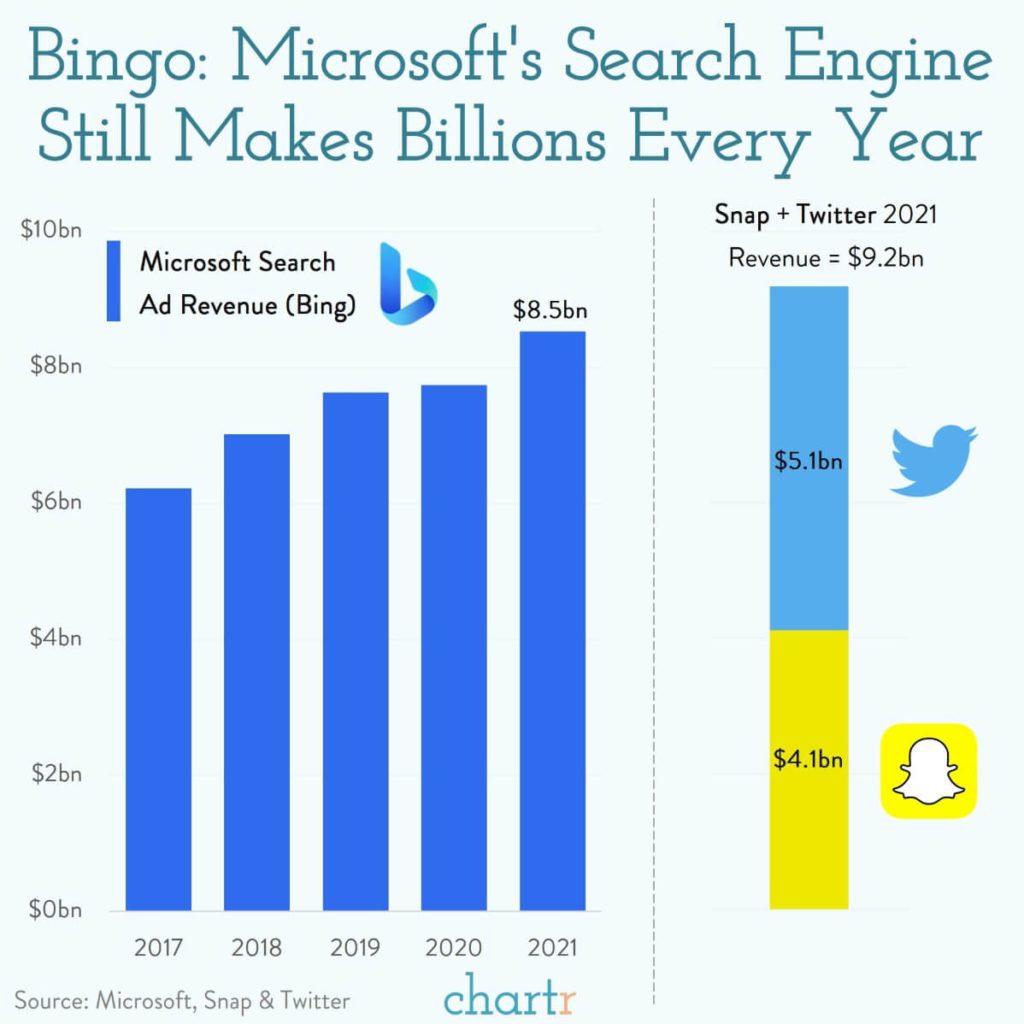It looks like Microsoft is going all-in with ChatGPT, the generative artificial intelligence (AI) tool that is taking the business and technology world by storm. What are the implications?
News about Microsoft
ChatGPT is a chatbot powered by AI. It can provide answers to complex questions with lightning speed conciseness, and creativity – and in a very conversational way. ChatGPT is the product of OpenAI, the company that produced Dall-E, which uses AI to create images. ChatGPT is one of many chatbots designed to respond to queries from people by providing richer, more detailed, and more human-sounding answers than their predecessors.
ChatGPT caused a huge stir after OpenAI released a beta version to the public on November 30, 2022, so that people would use it and give feedback to improve the product. It proved to be so slick and so intelligent that OpenAI CEO Sam Altman said ChatGPT achieved one million users in less than a week after its public launch.
As we have blogged, ChatGPT can answer queries so eloquently and completely that some industry watchers have speculated that it might disrupt online search – specifically the way search answers queries largely by linking to other sources of content rather than sharing answers directly to the query.
Google reportedly has issued a “code red” to improve its own AI capabilities as a result. But Microsoft has been celebrating. That’s because the company has been an investor (to the tune of $3 billion) in OpenAI since 2019. OpenAI’s success is Microsoft’s success.
The $3 billion has paid for the huge amounts of computing power that OpenAI needed to build the chatbot. The investment has also meant that Microsoft can rapidly build and deploy new products based on the technology. And, it sounds like Microsoft is ready to do just that. Microsoft is reportedly investing $10 billion in OpenAI to give the company even more computing power. In return, Microsoft is:
- Exploring the use of ChatGPT in its Office software (including Word, PowerPoint, and Outlook) to improve efficiency and productivity.
- Planning to enhance its Bing search engine with artificial intelligence from ChatGPT in an update launching as early as March.
This is pretty heady stuff!
Implications
Let’s take a closer look at why Microsoft might incorporate ChatGPT into Bing. Reasons include:
- Making search easier. As I noted above, generative AI could potentially change the way search engines present answers in search. Requiring searchers to find answers to their questions by clicking on links is a more labor-intensive process than responding to search queries with a single answer that synthesizes information. And on top of that, a smart chatbot can answer more complex questions. Wouldn’t you love it if you could ask a search engine, “Please tell me the fastest way to drive to Chicago, and by the way what are the highest rated Airbnbs for under $200 a night and close to a great steakhouse that serves Kobe beef?” – and have a complete answer delivered to you in a few seconds? That’s what smart chatbots promise to do.
- Competing with Google. Google is easily the most dominant search engine in the world, commanding 80 percent market share. The company has a generative AI app of its own. But Google isn’t going to release that for the public to toy with largely because Google doesn’t roll that way. LaMDA, the name of Google’s own chatbot, is in R&D mode, and, as such, it makes mistakes. If Google were release a mistake-prone bot to the public, Google could undermine its own credibility. OpenAI does not have this problem. The company’s model is to test and learn publicly. OpenAI is willing to generate street cred by getting to market faster than Google. And Microsoft reaps the benefits as both an investor and early adopter, which is where Bing comes into play. As The Verge reported, “Both Google and Bing already surface relevant information from links at the top of many search queries, but Google’s knowledge panels are particularly widespread when it comes to searching for information about people, places, organizations, and things. Microsoft’s use of ChatGPT-like functionality could help Bing rival Google’s Knowledge Graph, a knowledge base that Google uses to serve up instant answers that are regularly updated from crawling the web and user feedback. If Microsoft is ambitious, though, it could even go much further, offering many new types of AI-based functionality.”
But there are also potential downsides, such as:
- Degrading search quality. ChatGPT still has, well, issues to sort out. For one thing, ChatGPT in its current form is not aware of content created after 2021. Even more seriously, ChatGPT makes mistakes and fabricates answers. The same AI power that makes it possible for ChatGPT to find answers to questions also gives it the means to fabricate answers, too, which is a phenomenon known as hallucination. This is a major issue that could hold back its development for search. ChatGPT also under fire for providing biased information – a problem that continues to dog AI models in general. As Business Insider reported recently, ChatGPT, like many other AI models, is rife with racist and discriminatory bias. This problem, too, could cause Microsoft to shelve its use for some time yet.
- A threat to Microsoft advertising. I recently discussed how ChatGPT could threaten Google’s search advertising business. Google needs people to click on ads that appear next to search results in order to make money – and those ads include sponsored results. What happens when someone’s search query is answered completely and perfectly without anyone needing to click on any links? This question also applies to Bing’s ad business. Bing generated almost as much advertising revenue as Twitter and Snap combined in 2021. It remains to be seen how Bing would incorporate ChatGPT while protecting its own moat.
What Businesses Should Do
- Experiment with ChatGPT (or the chatbot of your choice). Understand how they work. Get comfortable with the conversational way that ChatGPT answers questions. If you’ve invested in voice search, you are probably doing this already. How might this conversational format affect your own approach to online advertising? A number of practitioners are publishing in-depth posts about using ChatGPT as a tool for search engine optimization. (Here’s an example.) Before you do, know the risks, including the ones we have discussed in this post.
- Don’t change how you do business. ChatGPT is fraught with many other issues such as potential copyright infringement. It’s not ready for prime time by any stretch.
- If you are a Microsoft advertising partner, watch events closely. (We are doing that for our clients.) If Microsoft does indeed roll out a version of Bing that includes ChatGPT, ask your account representative how they are managing against the downsides of this tool.
Contact True Interactive
To succeed with online advertising, contact True Interactive. Read about some of our client work here.

